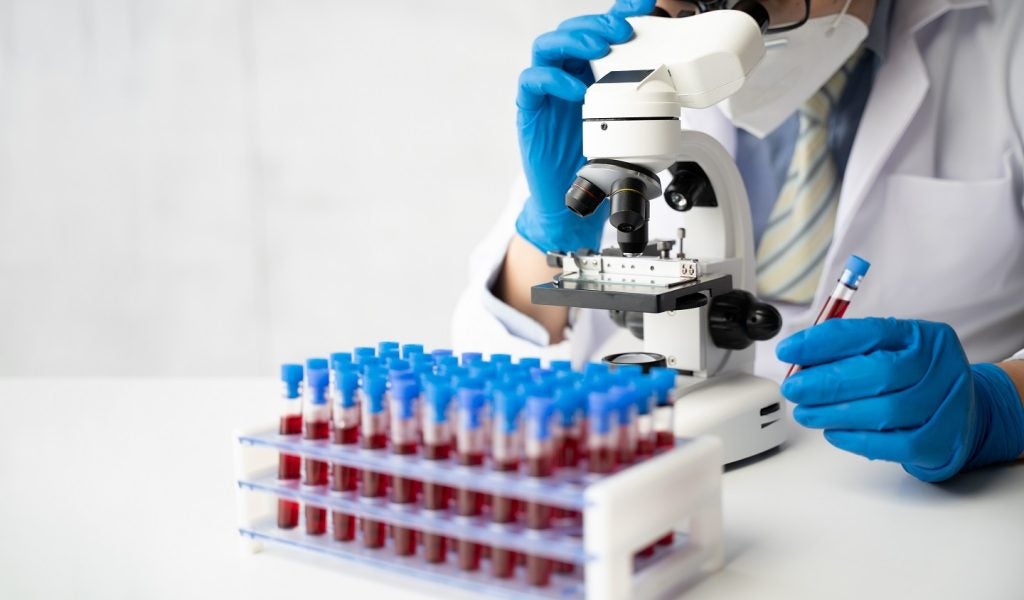
Researchers at Cardiff University in the UK have demonstrated that artificial intelligence (AI) is just as accurate as traditional methods at providing an accurate and reliable prognosis of cardiovascular disease.
The study has been published in PLOS ONE, and details how using machine-learning techniques could save the time of oversubscribed health services as no expertise or human interaction is required.
Co-author of the study Professor Craig Currie said: “If we can refine these methods, they will allow us to determine much earlier those people who require preventative measures. This will extend people’s lives and conserve NHS resources.”
Traditionally, clinicians and statisticians have worked out a prognosis of cardiovascular disease for a patient by manually developing mathematical equations.
Currie added: “Although we already have reliable methods of forecasting people according to their degree of risk of serious heart events, artificial intelligence promises new ways of interrogating data and the likelihood of more reliable classification of risk.”
In the study, the research team trialled a technique called genetic programming (GP). GP is a method which involves computer programs encoding a set of genes that are then iteratively modified or evolved.
How well do you really know your competitors?
Access the most comprehensive Company Profiles on the market, powered by GlobalData. Save hours of research. Gain competitive edge.

Thank you!
Your download email will arrive shortly
Not ready to buy yet? Download a free sample
We are confident about the unique quality of our Company Profiles. However, we want you to make the most beneficial decision for your business, so we offer a free sample that you can download by submitting the below form
By GlobalDataGP is said to be better than algorithms produced by humans because it reduces bias and the possibility of human error while allowing for any changes in the environment to be automatically integrated into mathematical formulas.
Complex associations uncovered by AI from the data can be made transparent to clinicians, meaning that there is no need for them to diverge from their existing practice.
During the Cardiff University study, GP was used to assess the future risk of a cardiovascular event in over 3,800 cardiovascular patients, aged between 19 and 83 years old, over a ten-year period.
The machine-learning algorithms relied on 25 predictors taken from patient data, including age, BMI, sex, alcohol and smoking habits and blood pressure. The results showed that the AI could perform comparably to traditional methods when predicting the risk associated with individual patients.
Cardiff University professor and co-author of the study Professor Irena Spasic said: “The ability to interpret solutions offered by machine learning has so far held the technology back in terms of integration into clinical practice.
“However, in light of the recent resurgence of neural networks, it is important not to sideline other machine learning methods, especially those that offer transparency such as genetic programming or decision trees. After all, we are looking to use artificial intelligence to aid human experts and not to take them out of the equation altogether.”







